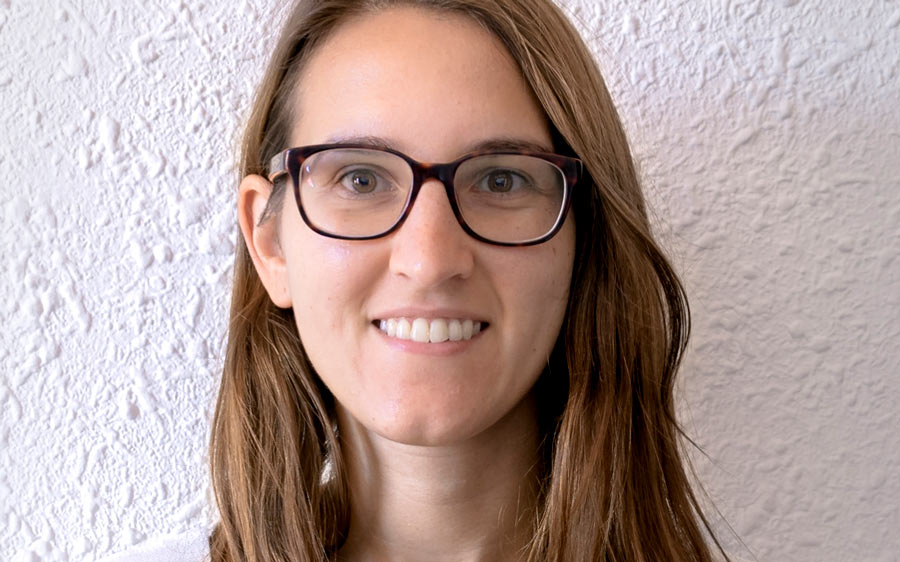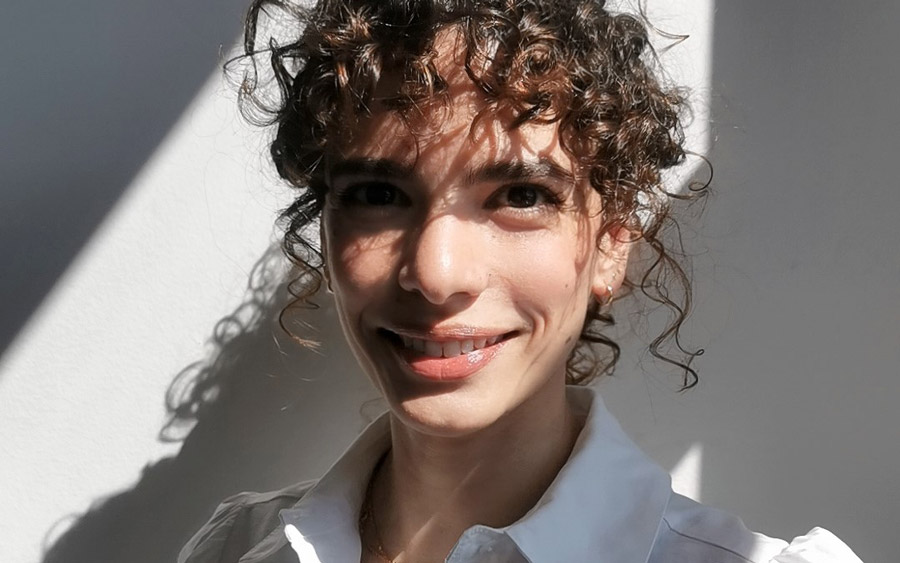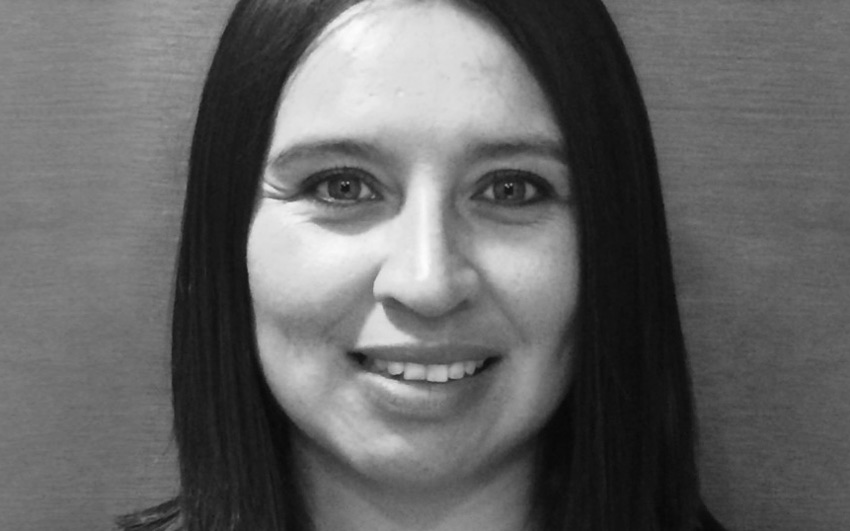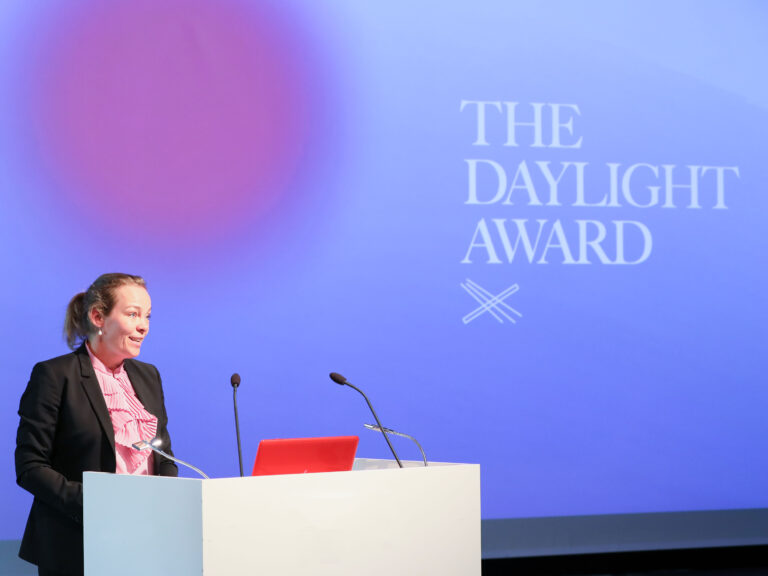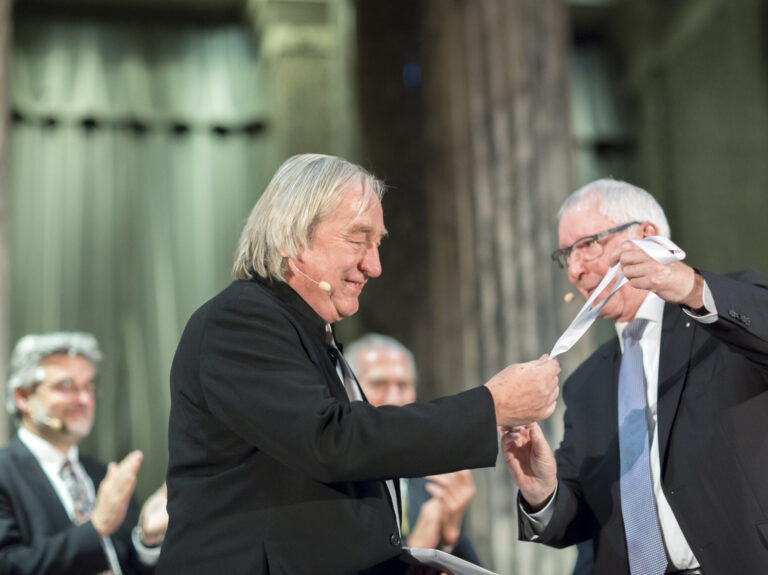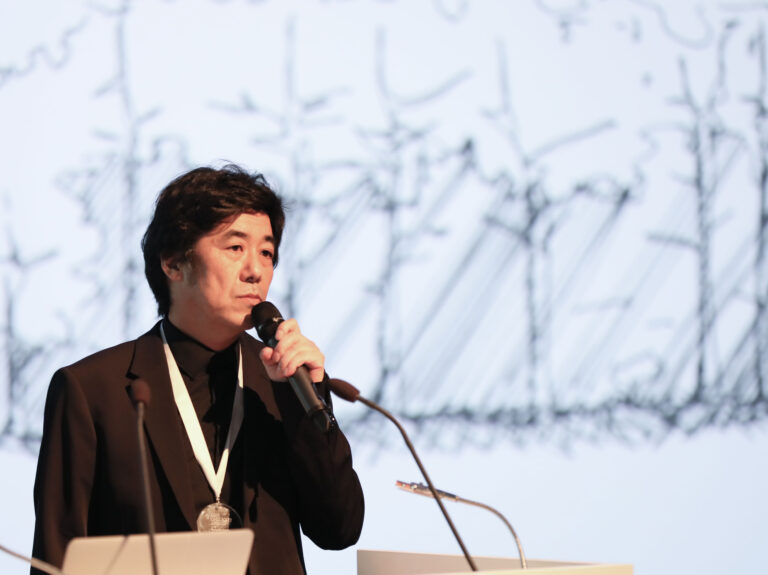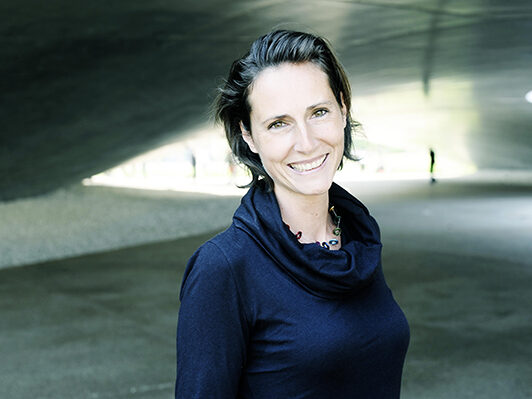Join us for the announcement and celebration of the 2022 Laureates for Daylight Research and Daylight in Architecture
Livestreaming from
Copenhagen, Denmark
Monday 16 May 2022 at 18:30 (CEST)
Say hello to The Daylight Award Community in the chat.
Please write where you are participating from and what daylight means to you?
What is
The Daylight Award?
The Daylight Award honors and supports daylight research and daylight in architecture.
It acknowledges and encourages scientific knowledge and practical application of daylight, which interlink disciplines that are usually addressed in separated, monocultural spheres, professional circles or practices.
The Daylight Award strives to raise a holistic understanding of daylight, and increase its positive impact on life.
MORE THAN AN AWARD EVENT
Daylight community of architects, researchers, educators and students, celebrating the 2022 Laureates for Daylight Research and Daylight in Architecture.
The Daylight Award is
given in two categories
DAYLIGHT RESEARCH
The Daylight Award for Research is awarded to individuals or smaller groups of scientists who have distinguished themselves as outstanding contributors to internationally recognised daylight research. It acknowledges highly original and influential advances in the areas of natural science, human science or social science, with special emphasis on the effects of daylight on human health, well-being and performance.
DAYLIGHT IN ARCHITECTURE
The Daylight Award for Architecture is awarded to one or more architects or other professionals who have distinguished themselves by realising architecture or creating urban environments that showcase unique use of daylight. Special emphasis will be put on architecture that considers the overall quality of life, its impact on human health, well-being and performance, and its value to society.
The award winner in each category is rewarded with a personal prize of 100.000 €.
featured TESTIMONIAL
GERALDINE
QUEK
Ph.D. Candidate/Doctoral Assistant · EPFL
(École polytechnique fédérale de Lausanne)

Daylight as well as artificial light is shared by everyone across the globe, yet as light changes rather quietly without a notice or a sound, we often forget to appreciate its unique qualities. My fascination with fleeting moments of light and their connection to space led me to my interest in design, and now I question how the design world contributes to the data and science of light and space.
— Yunni Cho
SELECTED DAYLIGHT COMMUNITY TESTIMONIALS
The community around daylight first and foremost excists trough the tremendious work done by the world’s leading scientist, professors and architects. Here we shed light on some of them.
EXPLORE
What does daylight mean to you? What does daylight mean to you? What does daylight mean to you? What does daylight mean to you?
The following reflections are shared by people in our daylight community.
What does daylight mean to you?
DAYLIGHT REFLECTIONS
“Daylight as well as artificial light is shared by everyone across the globe, yet as light changes rather quietly without a notice or a sound, we often forget to appreciate its unique qualities. My fascination with fleeting moments of light and their connection to space led me to my interest in design, and now I question how the design world contributes to the data and science of light and space.”
— Yunni Cho
“To design comfortable daylit spaces in the digital age, we have to improve our knowledge on the threshold between comfort and discomfort and use evidence-based workflows. In my Ph.D. research, I aim to extend the applicability of prediction metrics for discomfort glare from daylight through targeted user studies.”
— Geraldine Quek
“Living in Scandinavia, daylight for me is the sensation of wakening up after a dark winter hibernation. We see people clearing their calendars as soon as the first spring sun is out. So it means mood, energy and motivation for me to get my daily “daylight shower”
— Mathias Sønderskov Schaltz
“Daylight means a lot for me, it brings happy moods, warm feelings and positive energy, it makes buildings and cities vivid for people, it brings colours to all the things we perceived, it is a fundamental element for aesthetic and health. It is also a key field of my research area, related to architecture research and healthy indoor climate.”
— Changying Xiang
“Daylight means quality and well-being to me. Daylight is an essential element in architectural design, just like the choice of finishing materials and the type of opening. An architectural project that does not consider daylighting at an early stage will always remain incomplete. The qualitative aspects are difficult to teach because they involve multidisciplinary and cultural aspects.”
— Federica Giuliani
“Daylight fills me with joy and gratitude because of the consistency, variation, and beauty the sun, the sky and the reflected light nurture and reveal the environment with – knowing that it’s a huge resource, which not only rejoices me – but everybody, who wants to enjoy it and make use of it. On the other hand, daylight can also be harsh creating glare and heat, it is a natural force which requires consideration when creating buildings and interiors.”
— Katja Bülow
“Daylight is the only non-negotiable quality of a space: It brings life, happiness, clarity, and good health. Whereas all other features are improvable, a space that does not have light is doomed.”
— Florencia Collo
“Daylight inspires me daily. Every morning, daylight streaming into my room is the greatest and most refreshing moment of the day. It gives me a sense of renewal and possibilities. I love to see the changes in daylight throughout the day.”
— Won Hee
“Daylight is an essential element in environmental design. It has a significant role in enhancing users’ perception of a space and saving building energy. Understanding the daylight performance in the built environment is a compulsory task for architectural designers and engineers.”
— Jiayu Pan
“For me (and I am sure for many others!), daylight is a source of joy and life. This delightful aspect of light, especially as it interacts with architecture and with nature, is what I am trying to capture in my scientific work.”
— Kynthia Chamilothori
“Daylight then for me has a sociological dimension whose interpretations should be examined differentially amongst social groups and contexts. Through understanding daylight from users’ perspectives, daylight’s practicality and sensory qualities come to the fore.”
— Maiss Razem
“To me, daylight means health, feel-good, hygiene, and freshness. 99% of human history, we have lived outside the cities and have been exposed to daylight. By 2050, this will dramatically change, and up to 70% of the population will live in denser cities where access to daylight becomes a rare possibility. ”
— Mandana Sarey Khanie
“I have a hybrid background in architecture and environmental design, and for me, daylight is important for various reasons: It may not only visually modify a space by creating contrast or reflections, but it can also make your work environment more pleasant, as well as give comfort and provide safety. What is even more important, it has the power to make you feel well by entraining your biological”
— Victoria Soto Magan
“We have a craving for daylight in so many aspects of our lives that daylight means to me simply what I want, what everybody wants.”
— Niko Gentile
“For me, daylighting is the starting element to work with when developing a new architectural object. The landscape around one building, surroundings in the form of newly erected buildings, or new finishes on the facades, are all changeable elements, and the only element always there in its original condition is the characteristic daylight, defined by the solar microclimate. ”
— Biljana Obradovic
“In the north, where I come from, daylight is absent during the winter, so we celebrate its return in the spring. There is no greater thing than the first rays of sunlight in the early days of March.”
— Mimi Ravn
“The daylight is essential in our lives, to place us in time and space and not only shape our experience of the buildings but also impact our emotional states.”
— Sara Molarinho
“For me, daylight is a shaper. In an unmaterial sense, it defines cultures, behaviors and habits. At the same time, tangibly, it shapes buildings and spaces and plays an essential role in our spatial/sensory experience.”
— Natalia Giraldo Vasquez
“Daylight is life. It is essential for our health, biological functions and phycological feelings.”
— Paola Jara
“Daylight brings me joy. It gives form to matter around us and enables to experience it. It introduces a new scene every day. I see daylight as the ultimate resource and the subject of exploration.”
— Mihkel Pajuste
The Daylight Award Laureates
JUHA
LEIVISKÄ
Juha Leiviskä is one of the most significant contemporary architects in Finland. In his works of architecture, he demonstrates a unique ability to make daylight an integral part of his buildings, in a way that combines emotional delight, functional appropriateness, and a delicate yet wonderful presence of light as part of one’s spatial experience. In the current context of environmental values of architecture and the use of natural resources to create a natural and sustainable comfort, the work of Leiviska on daylight is particularly relevant today.
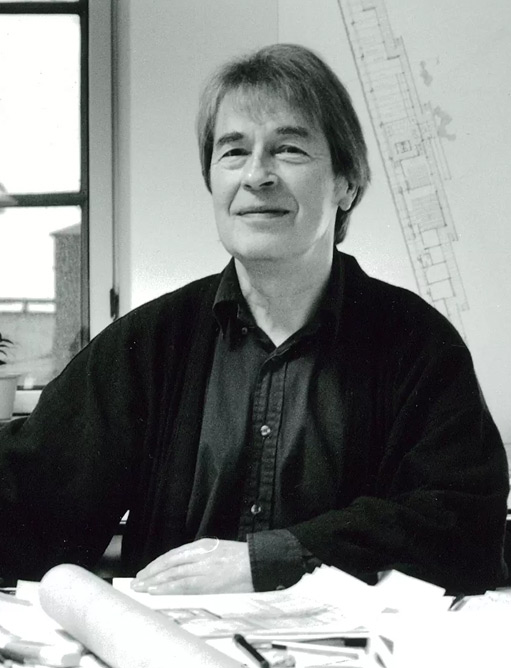
RUSSELL
FOSTER
Professor Foster is currently Director of the Nuffield Laboratory of Ophthalmology and Head of the Sleep and Circadian Neuroscience Institute at the University of Oxford. In 2015, he was honoured with a Commander of the Order of the British Empire (CBE) for services to science. He has published nearly 200 scientific publications and authored 4 popular science books. He is a widely sought speaker and lecturer.
In the industrialized modern world, we spend on average 90% of our lives in buildings and the built environment is a primary moderator of the light to which we are exposed. The architectural community acknowledges Professor Foster’s work that identifies the short and long-term health consequences of light and considers the when, what type, and how to encourage light ingress as well as when to provide light reduction and blackout.
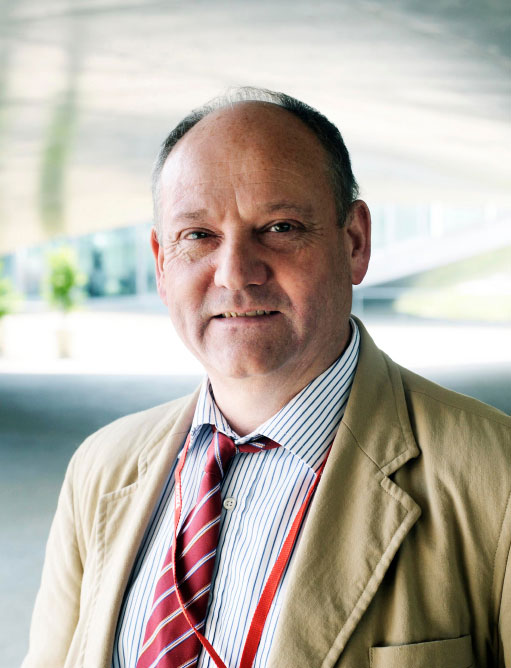
HENRY
PLUMMER
Henry Plummer is an architectural academic who has devoted his career to the research of daylight in architecture. Through extensive critiques and photographic investigations, he provides a thoughtful and evocative assessment of countless buildings through history.
Emeritus Professor Henry Plummer taught architectural history and design at the Center for Advanced Study, University of Illinois Urbana-Champaign. He received his MArch from MIT, studied light-art with artist, photographer, educator and art theorist György Kepes, and was a photographic apprentice to Minor White.
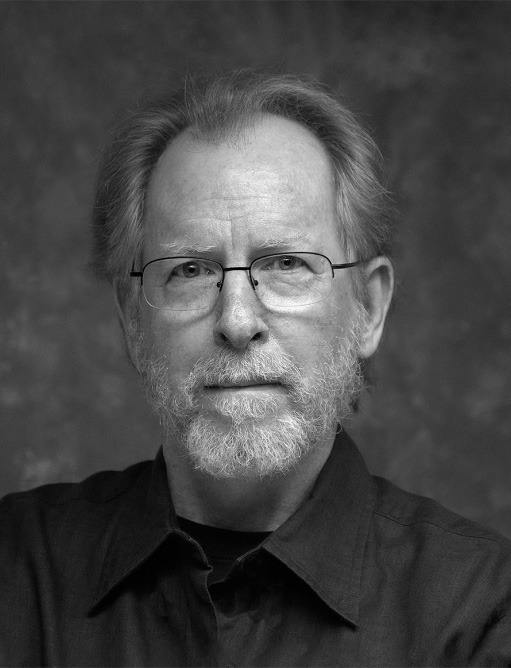
PREVIOUS LAUREATES
The attention brought to the importance of daylight in human health flagged up the whole relationship between neuroscience and architecture in general
— Russell Foster, 2020 Daylight Research Laureate
HIROSHI SAMBUICHI
The Daylight Award for Architecture 2018
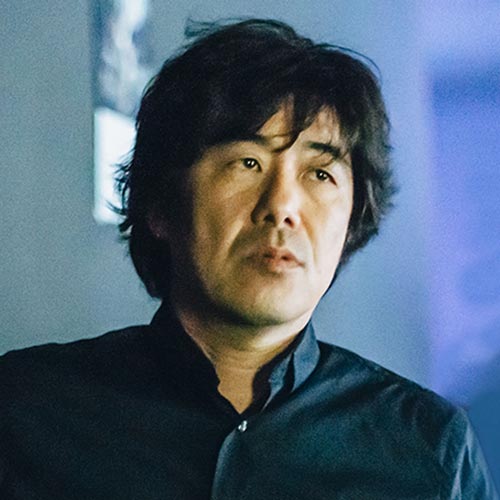
GREG WARD
The Daylight Award for Research 2018

Consultant for Anyhere Software and Senior Member of Technical Staff – Research at Dolby Laboratories, Inc.
STEVEN HOLL
The Daylight Award for Architecture 2016

MARILYNE ANDERSEN
The Daylight Award for Research 2016

PRESS / MEDIA
Download press releases and images, in connection to The Daylight Award Laureates.
Here you can copy or download press releases and images.
Steven Holl receiving The Daylight Award for Architecture at 2016 ceremony
Steven Holl receiving The Daylight Award for Architecture at 2016 ceremony
Our jury represent the highest possible level of expertise in the field of daylight
The jury represents relevant and comprehensive knowledge of the international scientific and architectural world.
In terms of merit, recognition and knowledge, the members are expected to be outstanding and highly respected by the international community.
The jury comprises at least six and no more than nine members. The jury should have members from at least three different countries and should not have more than two members from the same country.
NEWS / SOCIAL MEDIA

